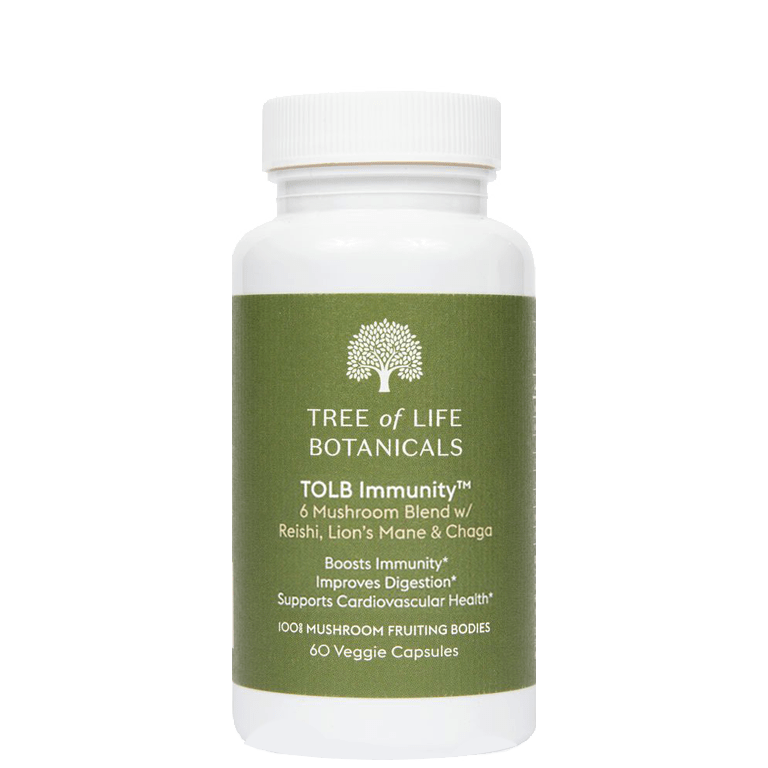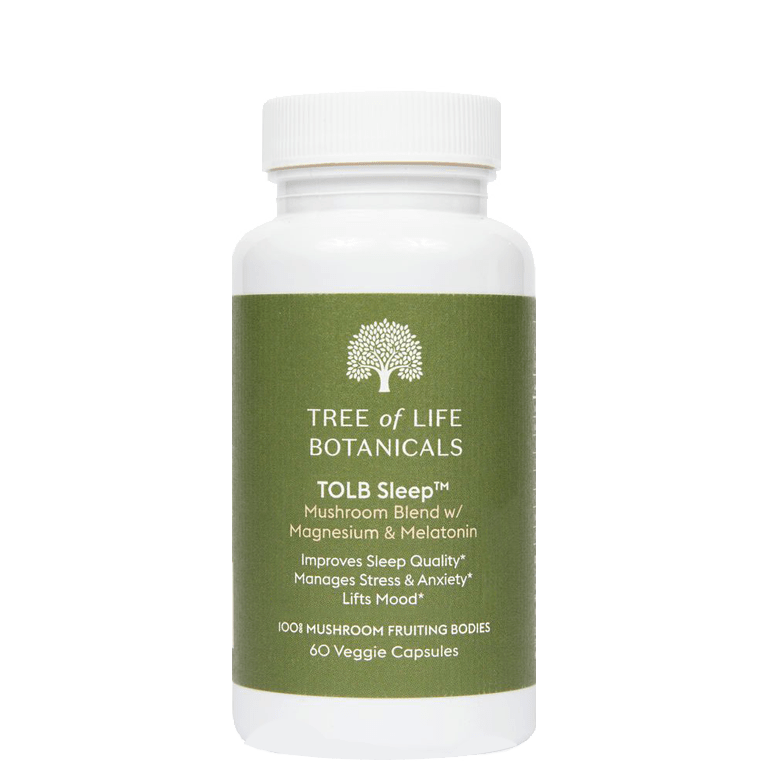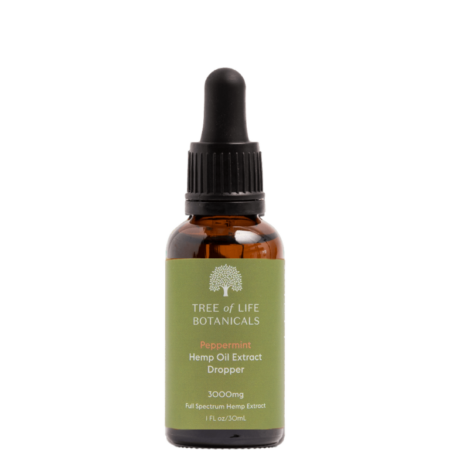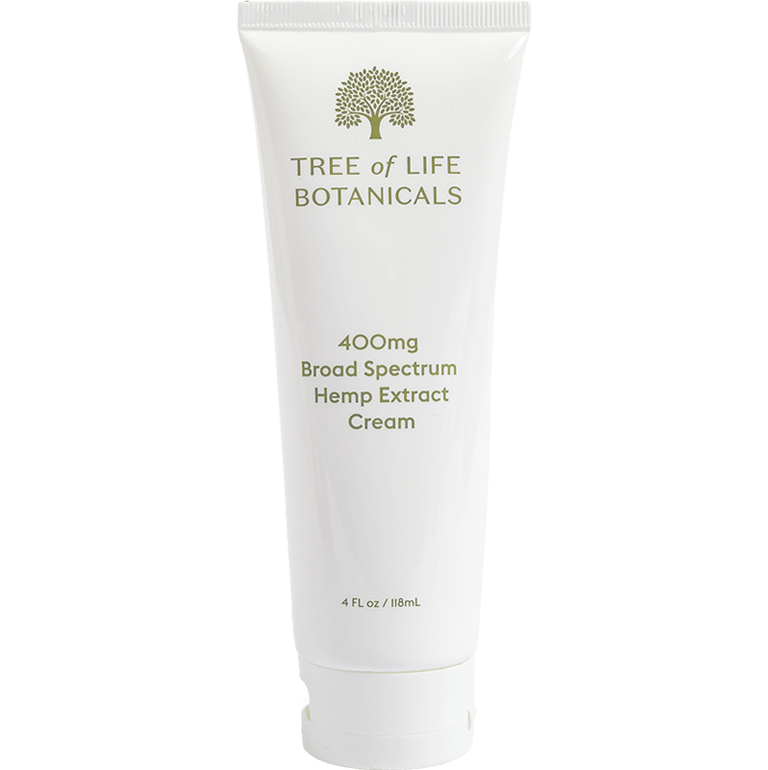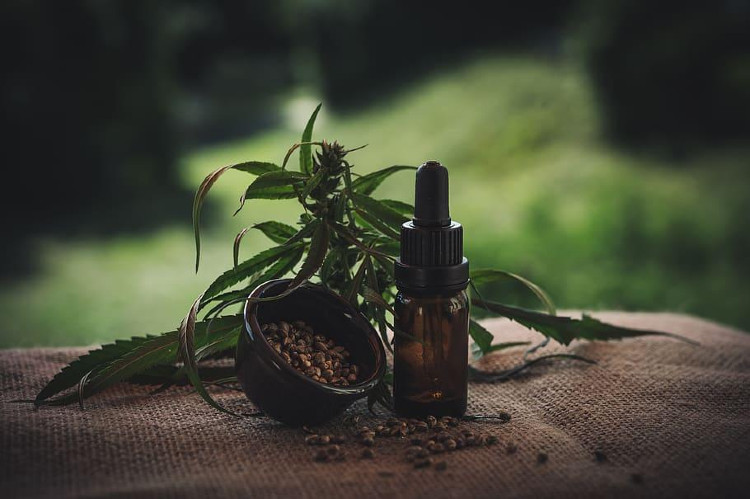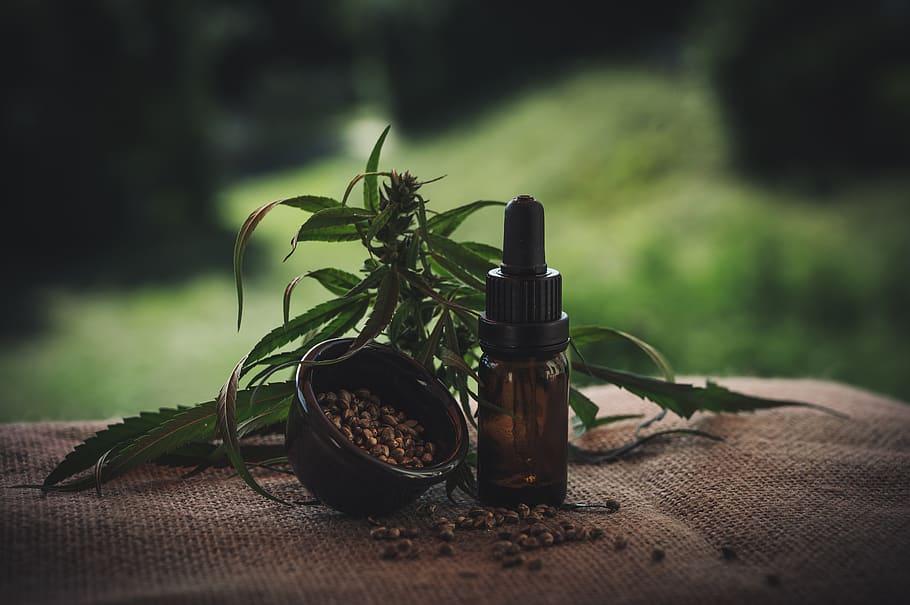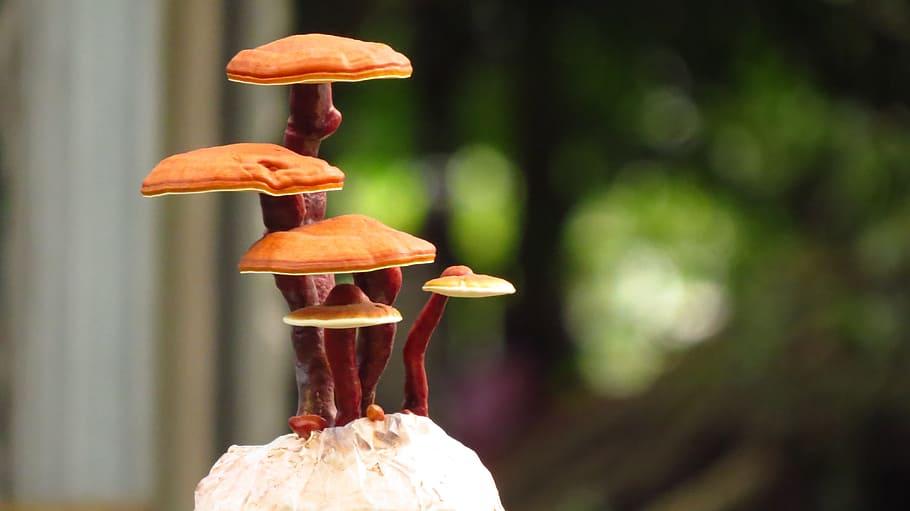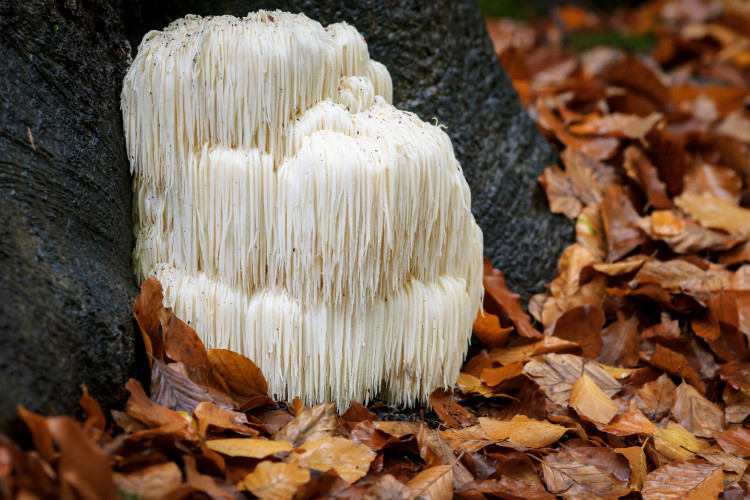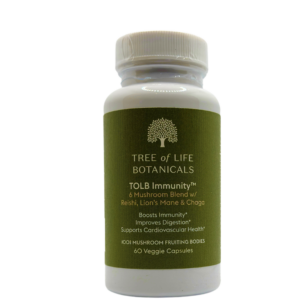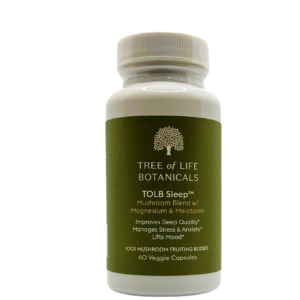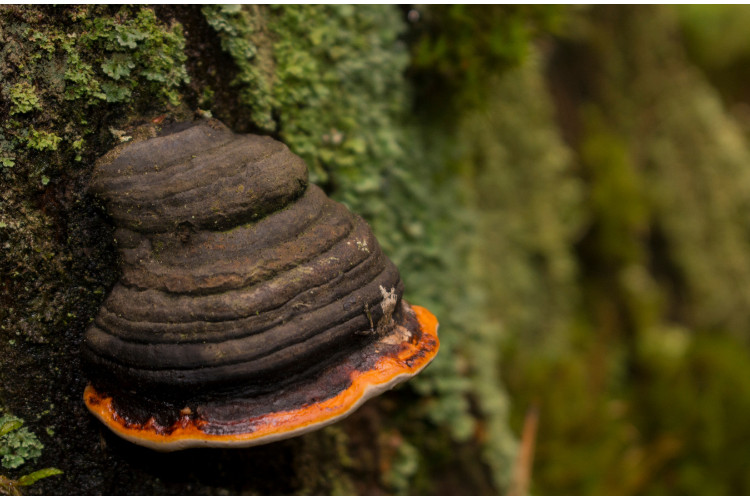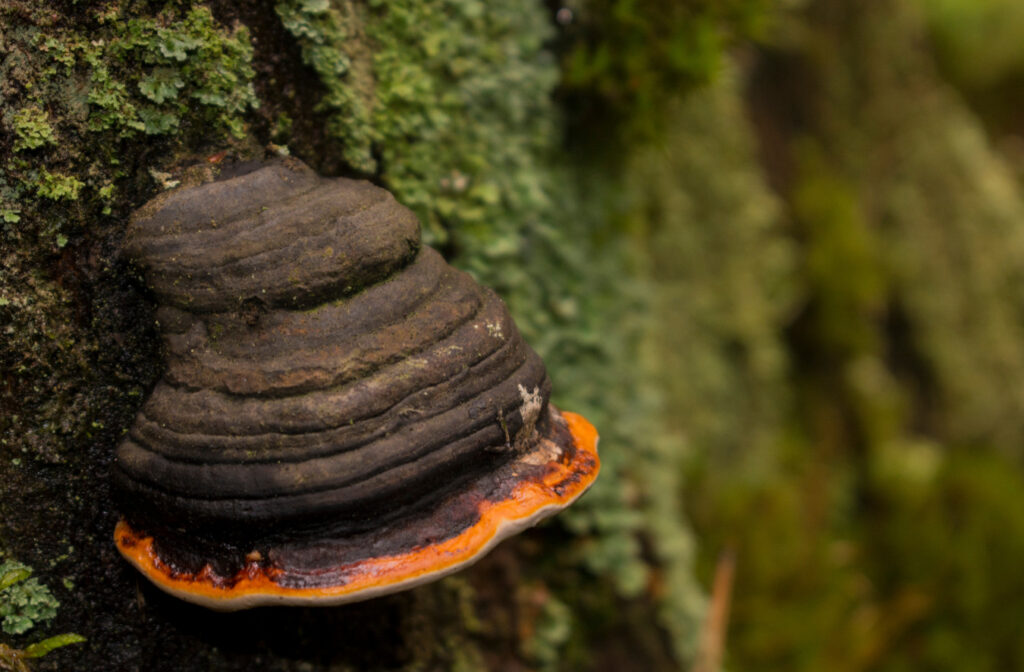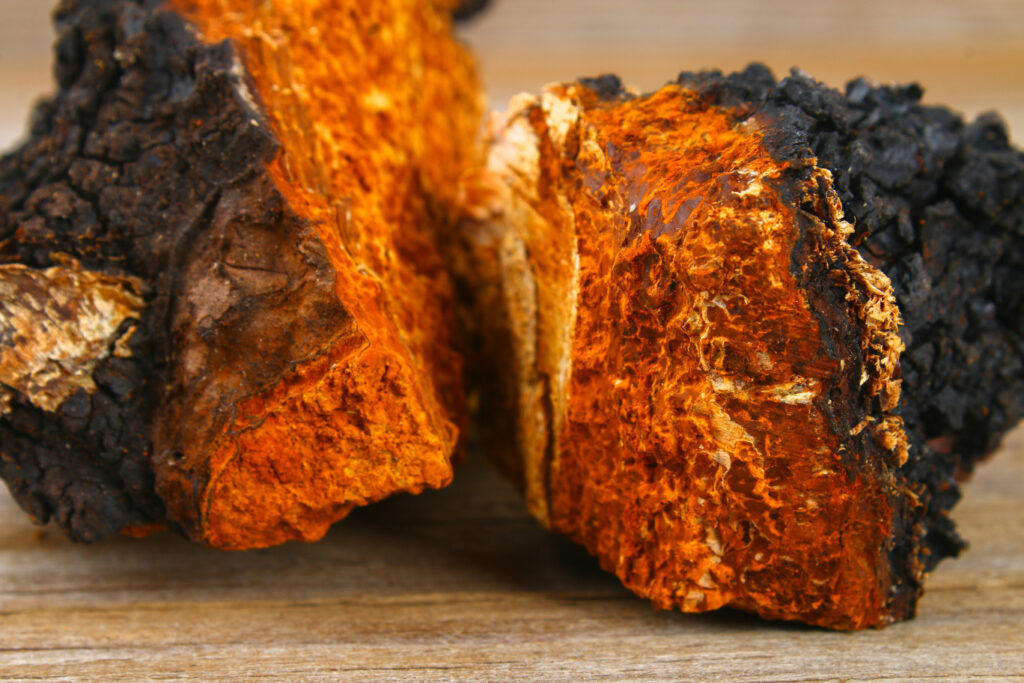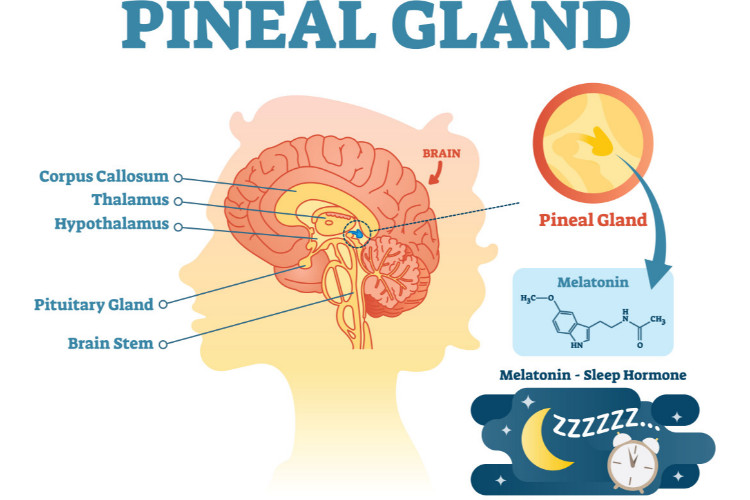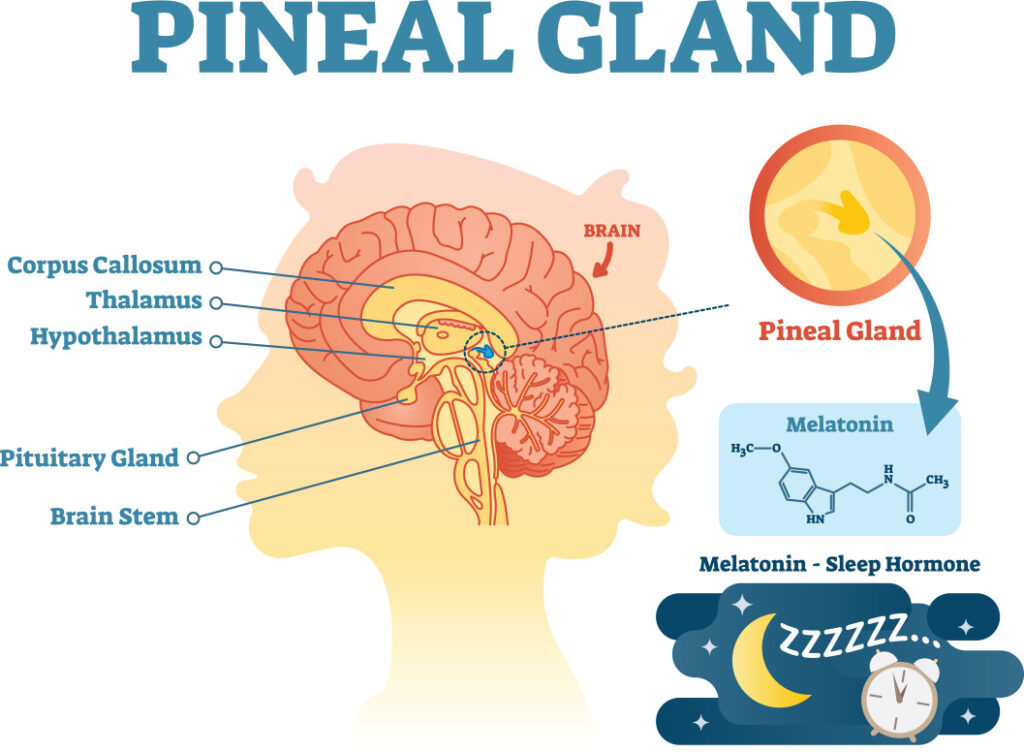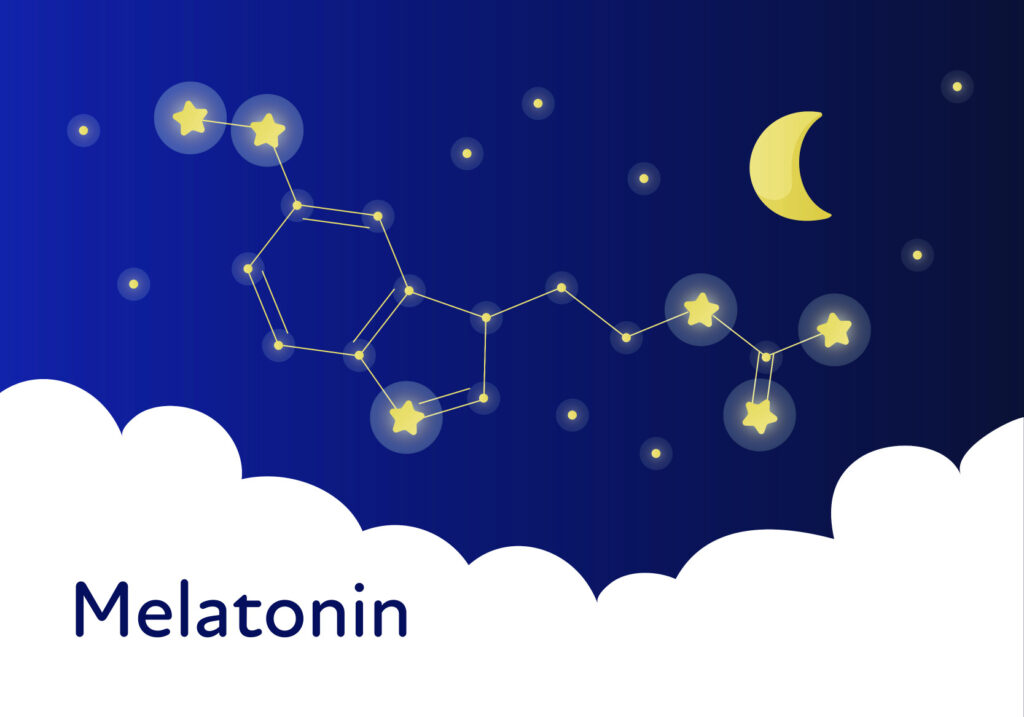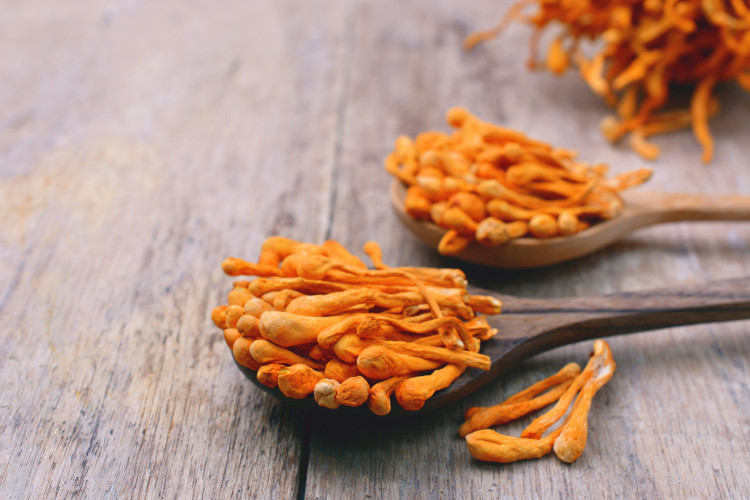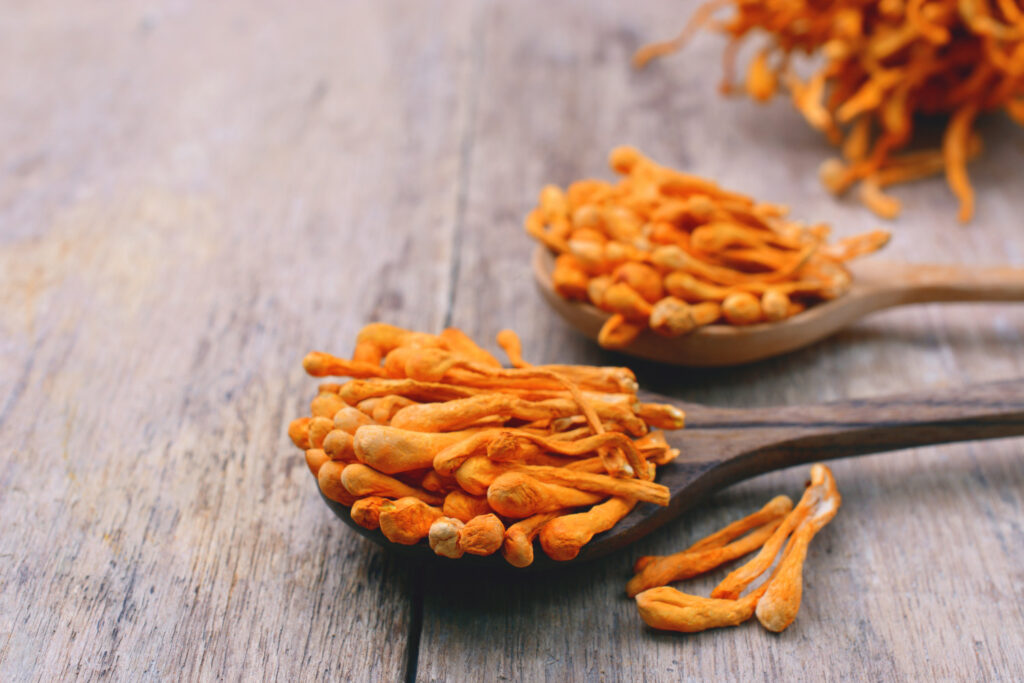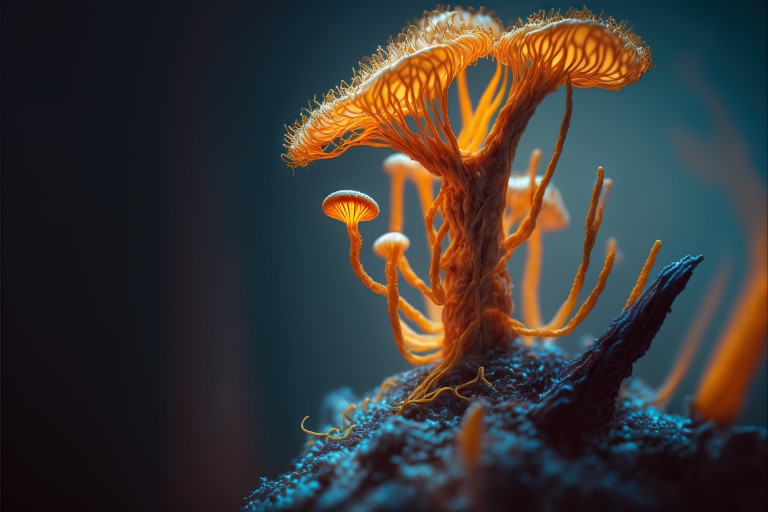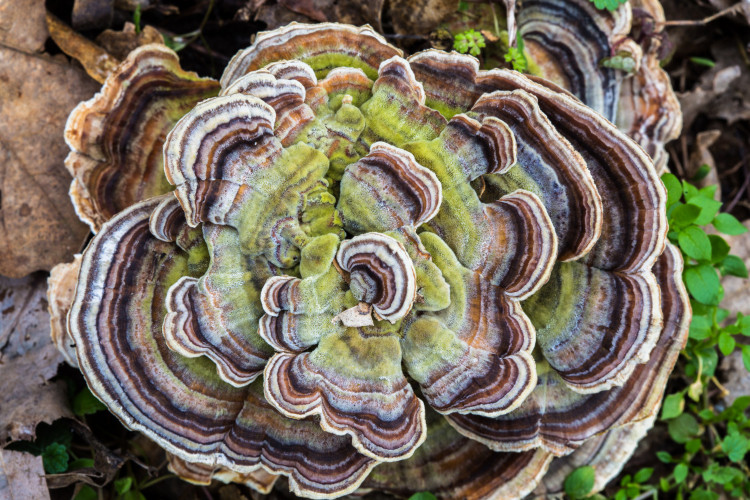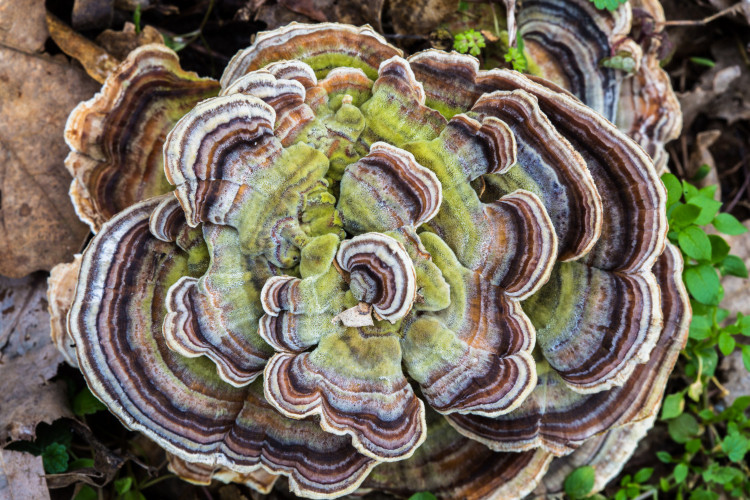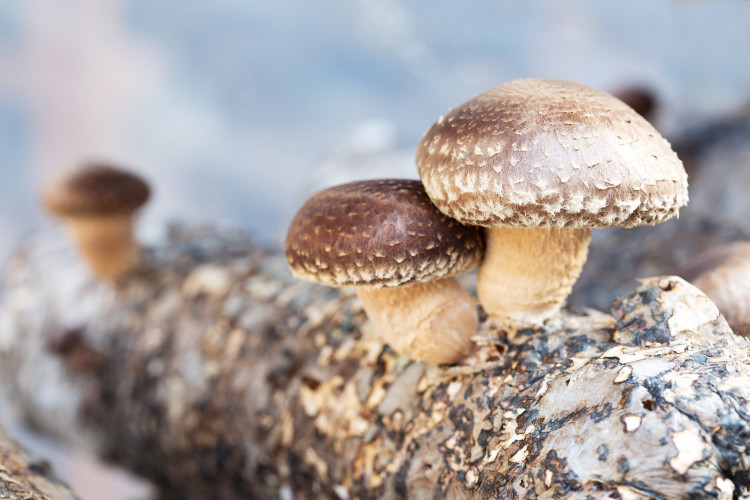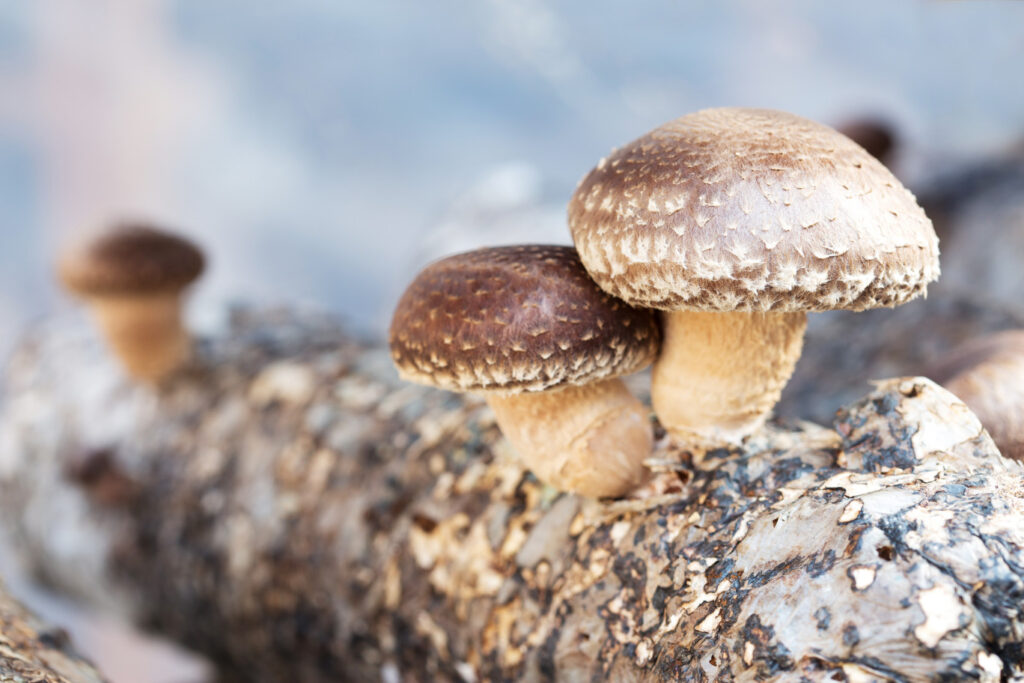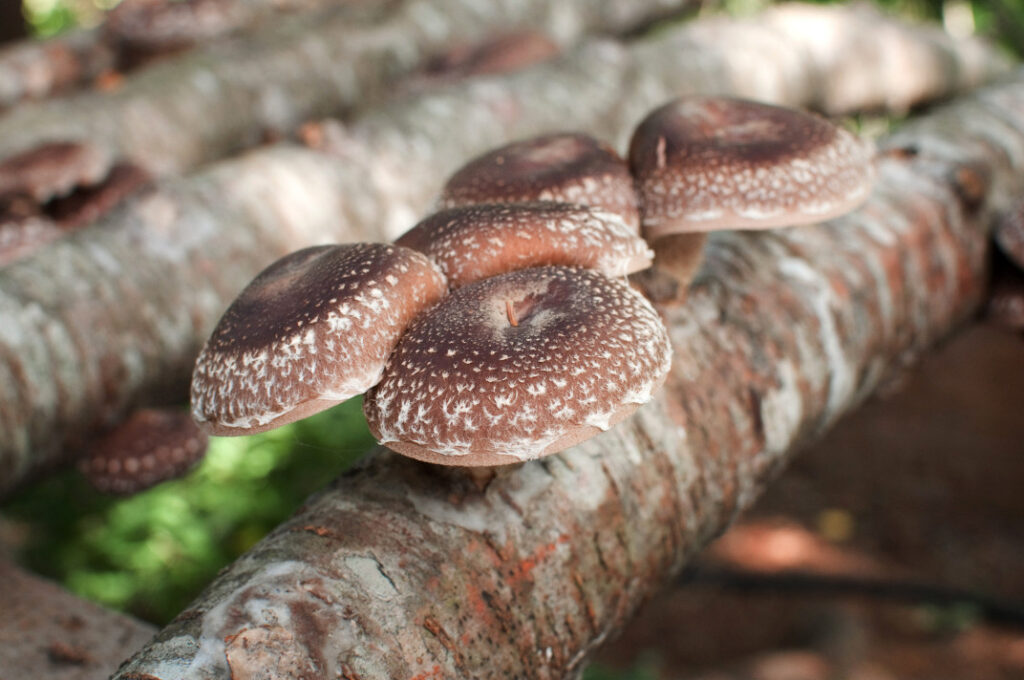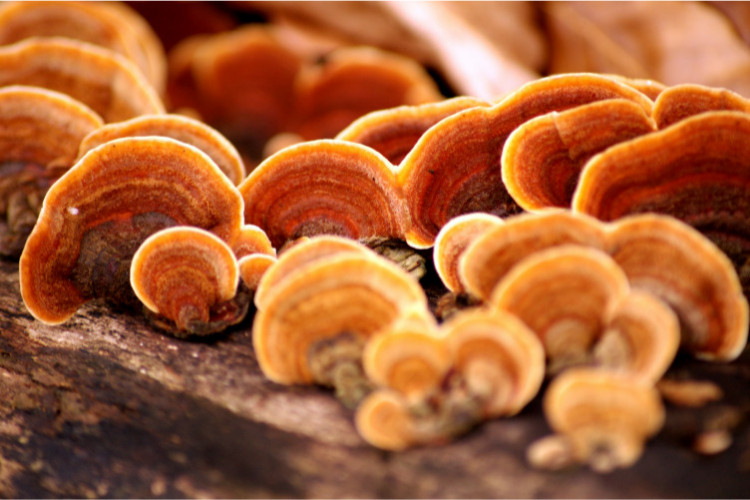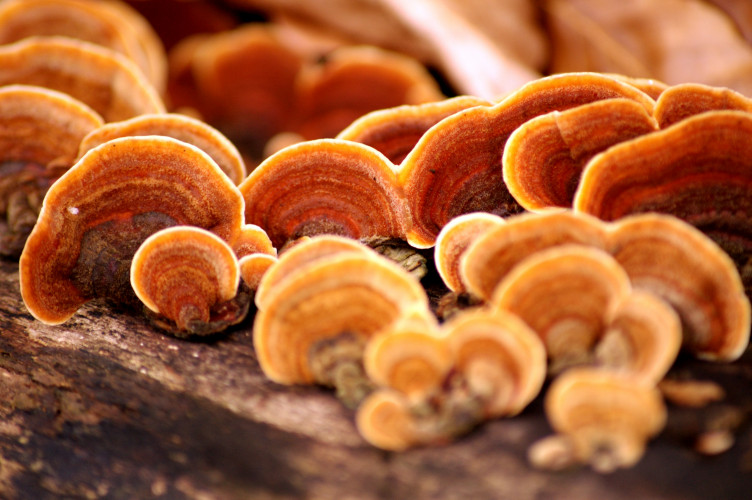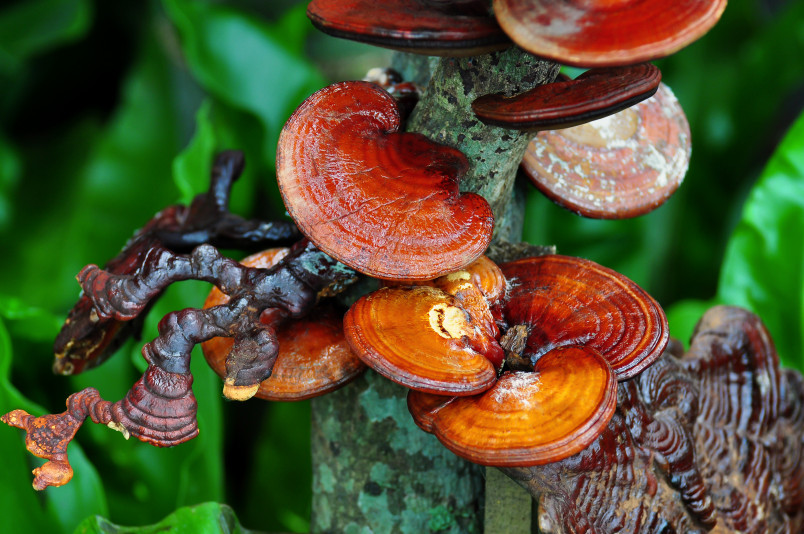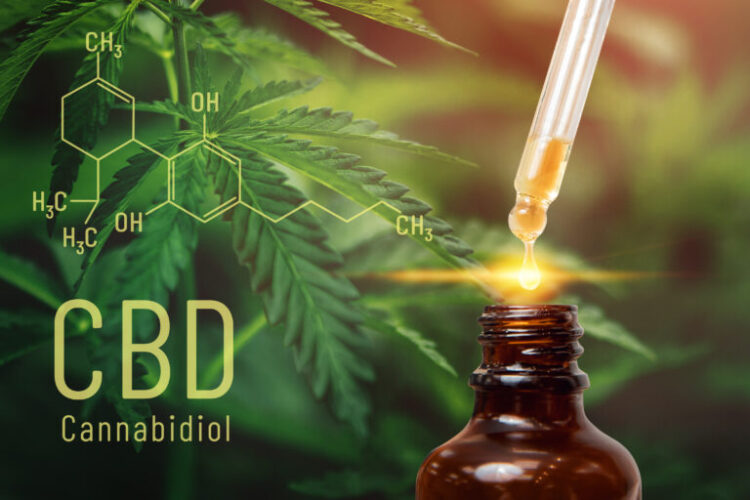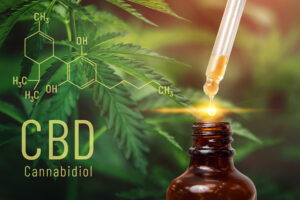CBD and the Glucose Metabolism

CBD and the Glucose Metabolism - A Recipe for Weight Loss
Are you tired of the endless battle with those stubborn extra pounds? Have you tried every diet under the sun and still haven't seen the results you desire? Well, it might be time to consider a new ally in your weight loss journey: CBD. Yes, you read that right! CBD, short for cannabidiol, the non-psychoactive compound found in cannabis, has been making waves not only for its anxiety-reducing and pain-relieving properties but also for its potential to boost your metabolism and aid in shedding those unwanted pounds.
But before we explore the magic of CBD for weight management, let's clear up the basics.
Understanding Glucose Metabolism
Before we dive into the incredible ways CBD can assist in weight loss, let's take a quick pit stop at "Glucose Metabolism Central." What is glucose metabolism, you ask? Metabolism refers to the complex biochemical processes that happen within our bodies to convert the food we eat into energy. It's like the body's very own power plant, and how efficiently it operates can influence our weight. Metabolism can be broadly divided into two categories:
- Basal Metabolism: This is the energy your body needs to perform its basic functions, like breathing and circulating blood. It accounts for a significant chunk of your daily calorie burn, even when you're at rest.
- Physical Activity: The energy expended during exercise and physical activities. This part of metabolism is under your control and can be influenced by your activity levels.
When our metabolic engine functions optimally, weight management becomes more achievable. The key player here is insulin, a hormone produced by your pancreas.
The Role of Insulin
Insulin, our body's own sugar traffic cop, regulates how glucose is used and stored. Insulin helps transport glucose from your bloodstream into cells, where it's used for energy. When it's working smoothly, glucose is transformed into energy, and we're all good. But when things go awry, and insulin doesn't do its job properly, that's when the extra pounds start creeping in and it even leads to diabetes. This is where CBD enters the stage, offering a helping hand. Now that we've got glucose metabolism under our belts, let's meet CBD.
CBD: What Is It?
CBD, or Cannabidiol, is a natural compound found in the cannabis plant. But hold up, it's not the one that'll make you high; that's THC's job. CBD isn't the party animal of the cannabis family, it is all about the wellness perks without the mind-altering effects.
In more scientific terms, it's a naturally occurring chemical compound, or cannabinoid, found in the cannabis sativa plant. It's extracted from hemp plants, which are a close relative of marijuana but have way lower THC levels. So, you can use CBD without worrying about a psychedelic trip.
People have been using CBD for centuries, mainly for its potential health benefits. But it's recently become a superstar in the wellness world, showing up in everything from oils and creams to gummies and even coffee.
CBD's Interaction with the Endocannabinoid System
Now, here's where CBD enters the picture. Your body has a marvelous system called the endocannabinoid system (ECS). It's like the control center for various functions, including appetite, metabolism, and even mood. CBD interacts with the ECS, potentially influencing how it operates and maintains balance in your body. This balance, known as homeostasis, is crucial for overall health and can be a game-changer in your weight loss goals.
When CBD steps in, it doesn't directly cause weight loss; It's like a supportive friend helping your ECS do its job better.
Here's How CBD Fits into the Metabolic Equation
- CBD and Insulin Regulation: One of the key players in glucose metabolism is insulin, a hormone that helps regulate blood sugar levels. Studies suggest that CBD may have a positive impact on insulin production and function, making it a potential aid for individuals struggling with insulin resistance, a common precursor to type 2 diabetes. While it doesn't cure diabetes, it can support insulin function and help manage its side effects, such as pain. By supporting insulin function, CBD could contribute to better glucose utilization and potentially aid weight loss efforts.
- Appetite Control and Weight Loss: The battle against weight gain often involves the relentless struggle to control cravings and overeating. Here's where CBD steps in. Emerging research proposes that CBD may help regulate appetite by influencing the endocannabinoid system, a network that regulates various bodily functions, including hunger and satiety. By curbing appetite, CBD might make it easier to stick to a calorie-controlled diet, a fundamental aspect of successful weight management.
- Protecting Vital Organs: Your liver, kidneys, and pancreas play crucial roles in glucose metabolism. CBD offers protection to these vital organs, shielding them from potential harm caused by high blood sugar levels. This protection ensures that your metabolism functions optimally.
- Metabolic Syndrome and CBD: Metabolic syndrome, a cluster of conditions including insulin resistance, obesity, and inflammation, can be a roadblock on the journey to weight loss. CBD's anti-inflammatory properties and potential impact on insulin sensitivity could be valuable assets in managing metabolic syndrome, addressing the underlying factors that hinder weight loss progress.
- Combating Chronic Inflammation
- Chronic inflammation is another culprit in disrupted glucose metabolism. CBD is known for its anti-inflammatory properties, which can help reduce inflammation and support a more efficient metabolism.
- Supporting Overall Well-Being: Beyond its direct effects on metabolism, CBD has garnered attention for its potential to alleviate stress, anxiety, and chronic pain. These factors can contribute to weight gain or hinder weight loss efforts. By promoting a sense of calm and easing discomfort, CBD can create a favorable environment for sustainable weight loss.
Scientific Support for CBD and Weight Loss
But don't just take our word for it; let's turn to the science. In a study involving 4,700 patients with prediabetes, those using cannabis products, which contain CBD, showed lower fasting insulin scores, indicating reduced insulin resistance.
In animal studies, CBD demonstrated a protective effect on the pancreas. Overweight rats given CBD had healthier pancreases compared to the control group. This protection is crucial, as high blood sugar levels can lead to pancreas damage and worsening diabetes symptoms.
Navigating CBD for Weight Loss
As you consider incorporating CBD into your weight loss journey, keep these points in mind:
- Consult a healthcare professional before starting any new supplement regimen, especially if you have underlying health conditions or are taking medications.
- Choose high-quality CBD products as not all CBD products are created equal. Look for reputable brands that provide third-party lab testing results to ensure you're getting a pure and potent product and clear ingredient lists
- Start with a lower dosage and gradually increase as needed, based on your body's response.
- CBD is not a magic pill for weight loss. Combine CBD with a Healthy Lifestyle, It works best when combined with a balanced diet and regular exercise.
In Conclusion
While CBD may not be a guaranteed solution for weight loss, it can be a valuable addition to your arsenal in the battle of the bulge. Its potential to support metabolism, reduce anxiety, improve sleep, manage pain, and regulate appetite makes it a versatile tool for those looking to shed pounds and lead a healthier life.
Remember, there are no shortcuts to sustainable weight loss. CBD is a complementary aid that can make your journey smoother and more manageable. So, why not give it a try? Consult with a healthcare professional, choose quality products, and embark on your weight loss journey with the potential benefits of CBD by your side. It might just be the recipe you've been looking for to achieve your weight loss goals.
References:
-
- Shannon, S., Lewis, N., Lee, H., & Hughes, S. (2019). Cannabidiol in Anxiety and Sleep: A Large Case Series. https://www.ncbi.nlm.nih.gov/labs/pmc/articles/PMC6326553/
- Parray, H. A., & Yun, J. W. (2016). Cannabidiol promotes browning in 3T3-L1 adipocytes. Molecular and Cellular Biochemistry, 416(1-2), 131-139. doi:10.1007/s11010-016-2702-5 https://pubmed.ncbi.nlm.nih.gov/27067870/
- Hurd, Y. L., Spriggs, S., Alishayev, J., Winkel, G., Gurgov, K., & Kudrich, C. (2019). Cannabidiol for the Reduction of Cue-Induced Craving and Anxiety in Drug-Abstinent Individuals With Heroin Use Disorder: A Double-Blind Randomized Placebo-Controlled Trial. American Journal of Psychiatry, 176(11), 911-922. https://pubmed.ncbi.nlm.nih.gov/31109198/
- Vučković, S., Srebro, D., Vujović, K. S., Vučetić, Č., & Prostran, M. (2018). Cannabinoids and pain: New insights from old molecules. Frontiers in Pharmacology, 9, 1259. https://www.frontiersin.org/articles/10.3389/fphar.2018.01259/full

